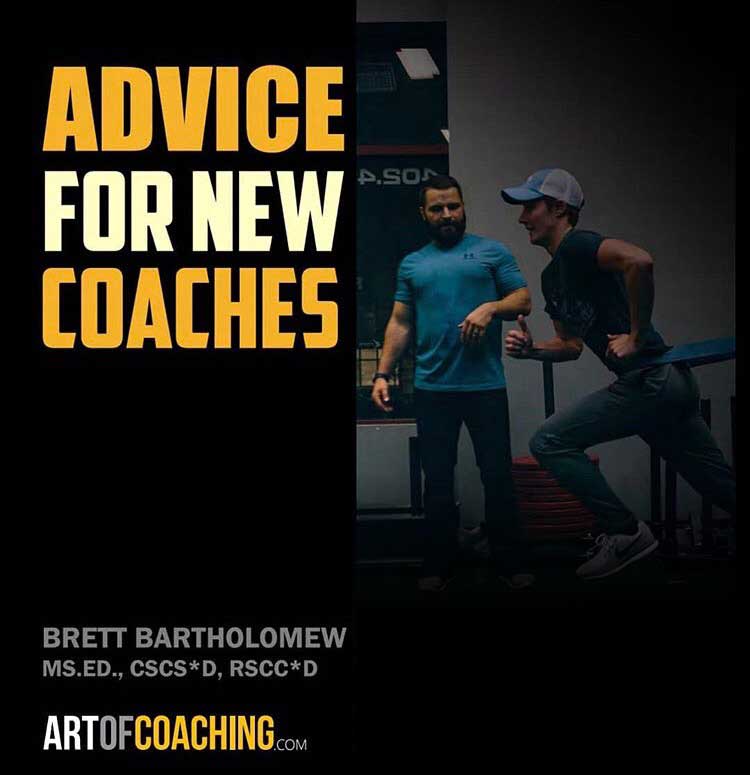I hear it all the time…
“There’s so much I have to learn, and it’s overwhelming knowing where to start and what to invest in, especially because I’m in a tough financial situation at the moment.”
Most importantly, I can relate!
During my time as an undergraduate, I worked two part-time jobs. Then, after graduating, I completed two unpaid internships before going on and getting my Master’s Degree on a stipend of only $10,000 per year.
All in all, I didn’t receive my first “big boy” paycheck until I was ~25 years old, and that was a little over $35,000 per year.
As someone in an incredibly competitive field, and one that requires routinely paying for conferences and other resources to continue learning and keep my credentials current, I had to get clear on wants vs. needs.
I have always been inquisitive, and there was no shortage of books I wanted to buy, courses I wanted to take, and workshops I wanted to attend. That said, given my financial situation, I had to figure out what was worth my time and money because if I messed up, paying for rent, groceries, and the like would only get more interesting.
Thankfully, I was also short on excuses- something I think many people are getting a bit too comfortable with right now.
Never before have I seen so many coaches blaming their lack of investing in themselves on their finances or their school not paying for something. And the fact is that many of those who write to me lamenting these obstacles later post about new equipment they’ve bought or a nuanced workshop they attended that is similar to the other three seminars they participated in the year before.
Allow me to be clear before you brandish your pitchforks- I’m not saying finances aren’t viable excuses; I’m saying that regardless of how tight things are, you will always spend money on what you genuinely prioritize.
Your willingness to invest in yourself (even if your work does not compensate you for it) is commensurate with how much you value yourself in general.
Here is where I could give you statistics, insert a famous quote, or tell you the story of a coach who ultimately admitted that she didn’t invest in herself as much as she knew she should due to being scared she’d never put the resource or material to use.
Think about that for a minute- often, we are so busy being busy we are scared to hold ourselves accountable for the very improvement we yearn for!
Something is off here! However, my goal isn’t to engage in the suffering Olympics and compare who is willing to sacrifice what they want. It is also not to guilt you into demanding more from yourself; those things don’t create lasting change or provide value.
So here are some essential tips to help you (or anyone you know who may need help) prioritize what to focus on or invest in when your desire to learn is high but your resources (time and money) are in short supply:
1. Set The Foundation:
If you’re a coach, teacher, guide, leader, etc., you know you will need to build technical, interpersonal, and conceptual capacities. So obviously, you should be investing in resources that help you move the needle on all three. And no, books alone won’t do it. Sorry- but if you want to be recognized as one of the best at what you do, you need to invest in yourself like one and get your hands dirty! Find interactive workshops! Get outside of your peer group and train in real-time!
2. Seek Different Types of Training Programs:
Coming up in strength and conditioning, I found it odd that all of the conferences generally only featured narrow topics related to the weight room or speed, agility, etc. We were all classified as “coaches,” yet no formal coaching-related training took place. Older coaches always said, “you learn how to coach in the trenches,” yet it felt ironic since we would never tell our athletes they only get better at their sport just by playing it. Additionally, these workshops rarely featured professionals from other fields who could offer diverse perspectives. And yet when I started going to conferences that focused on psychology, decision making, or leadership- you’d see a far more varied group of professionals who would collaborate. Hopefully, we have changed this for coaches but that said- so many still keep their circle of influence (and thus their perspective), alarmingly small.
3. It Better Be Practical:
The more pollyannish the promises, and the more someone muddies the water to make it seem deep, the faster you should run! Those who really know what they are doing don’t try to overcomplicate- they attempt to simplify. So again for those in the back, it’s a red flag when everything is comprised of esoteric theory and lacks interactive learning.
4. Good Design Equals More Bang For Your Buck:
This is a simple one. Just as a well-performed squat will stimulate more muscle than a leg press or isolation exercise, and a diverse investment portfolio offers steadier gains than going all-in on the crypto of the week, a workshop that features a mix of lecture, hands-on, film review, small group work, and case study breakdowns is going to enhance your development more than one that involves you sitting down idly watching ten speakers rush through 45-60 minute keynotes on a bunch of different topics. Bottom line, the more immersive something is, the more return you get on the investment.
5. Take Inventory:
Create a checklist of resources you already have access to. What topics have you been engaging with most frequently? Are the rabbit holes you are going down due to your curiosities or your actual needs at the moment?
6. The More Experiential The Better:
The art of coaching has been characterized as structured improvisation (1). The nature of human relationships and social interactions is such that they can never be fully predicted or controlled. Despite the increased ambiguity and complexity faced by today’s coaches, many negatively impede their development by avoiding interacting workshops where they’d be exposed to unfamiliar challenges requiring rapid adaptation. The easiest way for an aspiring coach to get a leg up on their competition is to emphasize the improvisational element of what they do, especially since improv itself is a part of our daily lives.
7. Get Over Yourself:
More learning occurs when we get accurate feedback about our behavior and its consequences. Quit shielding yourself and seek out opportunities where you will truly be evaluated on a combination of interpersonal, analytical, and conceptual skills. Yes, simply by showing up you can dramatically improve your chances of success in life, but nobody who truly wants to be great at what they do seeks a participation trophy. What’s the worst that will happen if you seek out more interactive and evaluative forms of education? Simple, you will find out you aren’t as good as you thought you were, and you’ll be all the better for it.
There you are! Whether you find yourself incensed or inspired after reading this, I hope it at least compels you into action.
See you inside!
Brett
- Christopher J. Cushion, Kathy M. Armour & Robyn L. Jones (2003) Coach Education and Continuing Professional Development: Experience and Learning to Coach, Quest, 55:3, 215-230, DOI: 10.1080/00336297.2003.10491800



